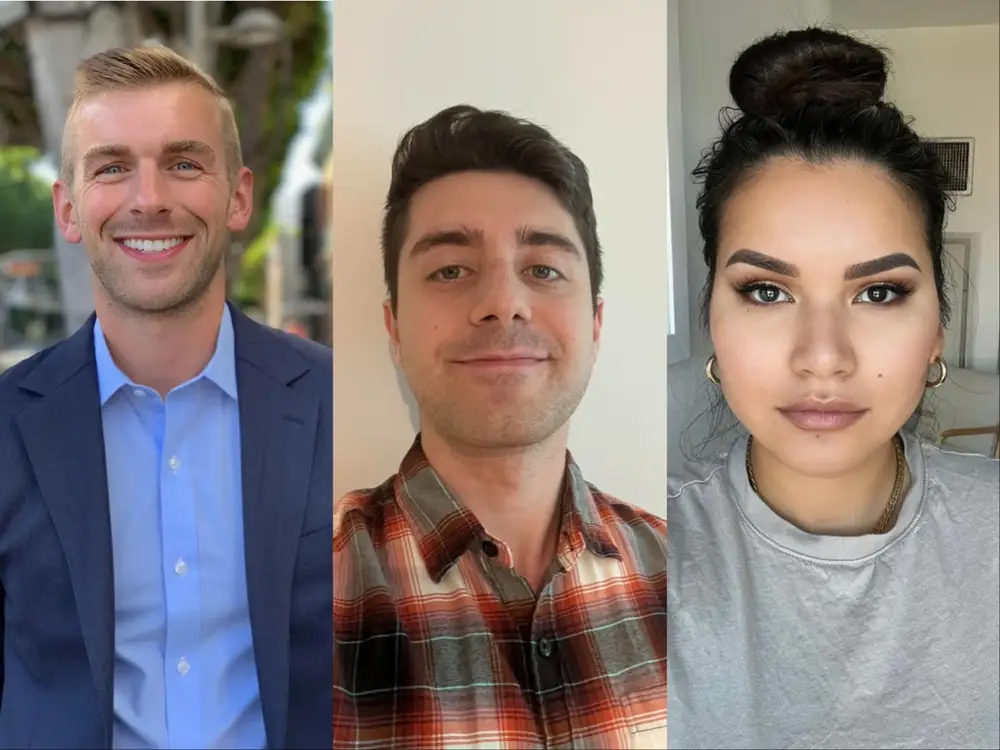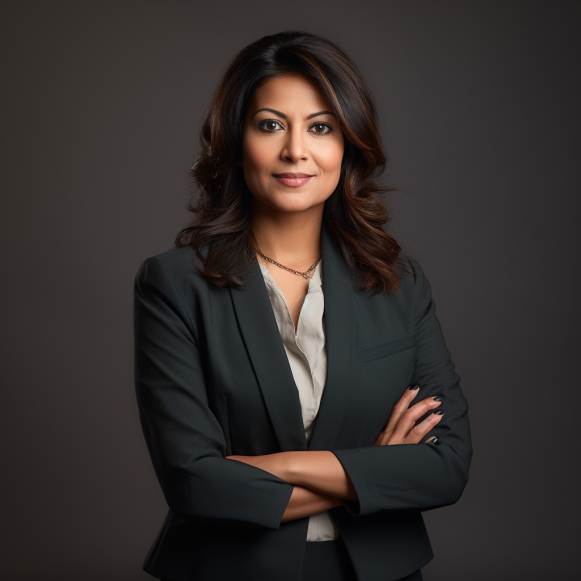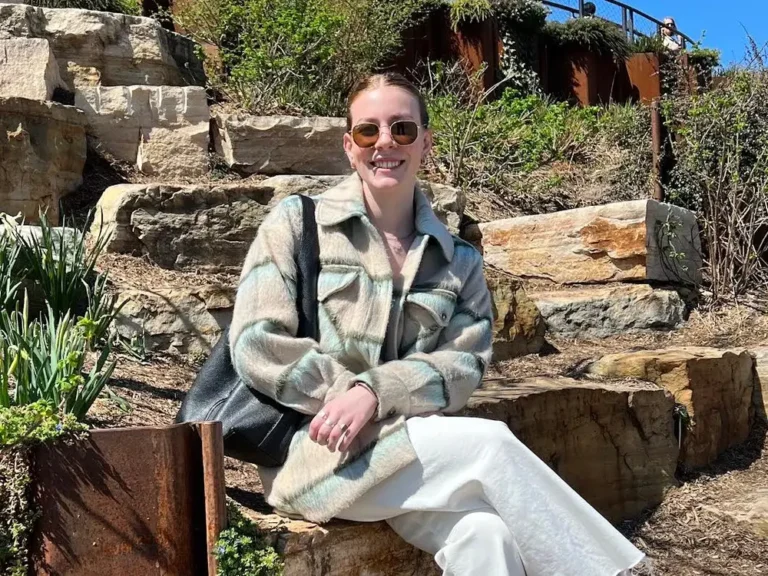5 people who make over $100,000 share how they’ve spent their money

Christopher Stroup (left), Abid Salahi (center), and Margaret Pattillo (right) are six-figure earners who’ve tried to balance spending with saving
For some, earning a six-figure income can facilitate a big splurge. For others, it’s an opportunity to establish additional income streams or financial security.
Abid Salahi earns about $140,000 a year from his software engineering job. The 26-year-old, based in Vancouver, said his biggest purchase over the past year was a new car that cost roughly $37,000. Additionally, Salahi said he upgraded his home workspace.
Despite his earnings, one thing has been out of his reach: owning a home. The houses in his area that check his boxes cost more than $500,000. To afford a down payment, Salahi said he’s saving and being more judicious about how much he spends dining out and at the grocery store.
Reaching a six-figure salary can be a challenge for some employees. The average annual salary for US-based full-time workers was about $82,000 as of November, the latest data available, per a New York Fed survey. Some workers who earn more than six figures have used the opportunity to set themselves up for potential future success.
B-17 asked five people who’ve made more than $100,000 annually what they’ve spent their money on in recent years. BI has verified their six-figure earnings.
Balancing spending now and saving for the future
Earning a six-figure income has also created new opportunities for John, who’s on track to earn roughly $250,000 this year by balancing a full-time and part-time remote IT role.
The millennial, who’s based in California, said one of his biggest expenses over the past year was his sister’s medical bills, which were about $30,000, he said.
When he spends money on himself, he focuses on fun and health. He hired a personal trainer, who charges about $130 weekly for a one-hour session. Last year, he spent about $9,000 on a three-week honeymoon in Asia.
While he’s trying to take advantage of his money in the present, John said he’s also prioritized saving for the future.
“I follow a concept of ‘pay yourself first’ — where I put money into retirement and savings first, and then the rest is disposable,” said John. His identity is known to B-17, but he asked to use a pseudonym due to fears of professional repercussions.
Looking forward, John said he’s saving money for the children he hopes to have one day, a bigger car, and a home.
Corritta Lewis is also balancing spending now while saving for the future. Last year, Lewis earned roughly $280,000 from her consulting job and a travel blog she runs as a side hustle. The 35-year-old, who’s based in Orlando, said she and her wife spend most of their disposable income on travel.
“We’ve been digital nomads for four years, so most of our money was used to travel the world and have amazing experiences,” she said.
Despite her travel expenses, Lewis said she doesn’t live a luxurious lifestyle and is focused on long-term saving. She aims to work part-time hours by her 40th birthday.
“Right now, we are prioritizing savings and investments,” she said.
Investing in themselves and real estate
Margaret Pattillo took home around $128,000 last year from her digital marketing and PR business. The 27-year-old, who’s based in Florida, said she’s on track to earn more than $160,000 this year.
Pattillo used her earnings to buy a home earlier this year and has plans to buy a second home as an investment property. She tries to use her money to create additional income streams that will set her up for future financial success.
“I don’t place much value in material items and I’m lucky that I get to travel for work frequently,” she said. “I’d say my biggest goal is to build up as many cash-flowing assets as I can in the next 10 years.”
Christopher Stroup has put his earnings toward a different type of investment: a new business.
Stroup earned roughly $130,000 last year working as a financial advisor. The 33-year-old, who’s based in California, said his income has helped him improve his relationships with friends and family by giving him the budget to go out to eat and on trips. He said his goal is to travel to Europe at least once a year.
Over the past year, Stroup said the biggest thing he’s spent his money on is the financial planning business he launched in September. He said his startup costs have included marketing expenses and hiring a team. However, he hopes the investment in his business will put him in an even better financial position.
“If it works out well, achieving my financial goals on my desired timeline has a much higher probability of happening,” he said, adding that two of his main goals are owning a home and starting a family.






